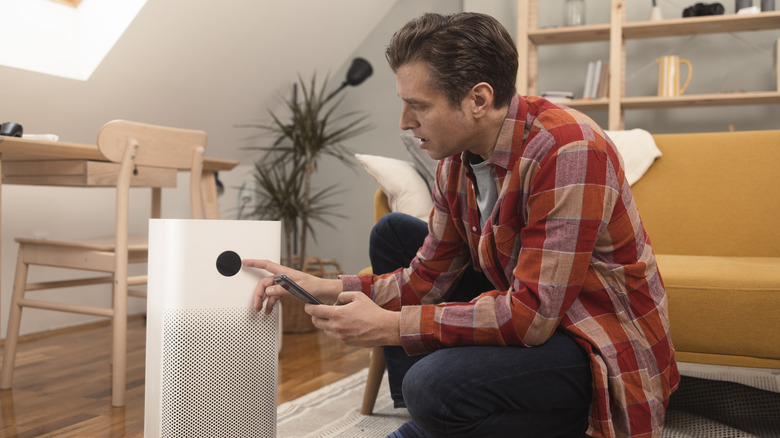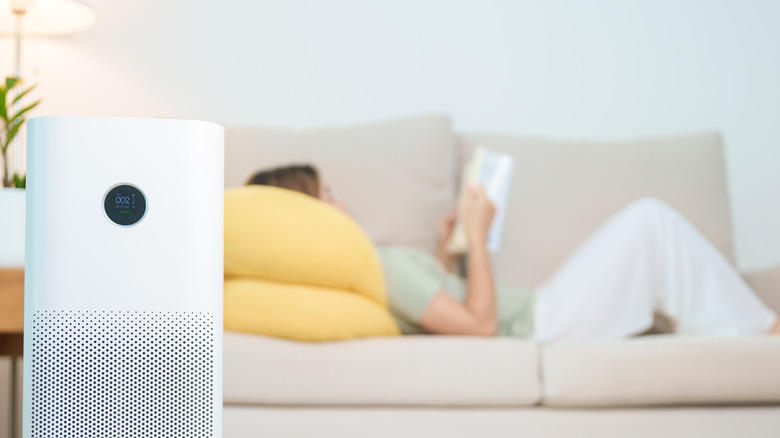Are Air Purifiers Worth It? Consider These Disadvantages Before Investing
Despite your best efforts to keep a clean and healthy home, the fact is that indoor air quality is a growing concern in most households. In fact, the U.S. Environmental Protection Agency (EPA) estimates that the air inside the average home has two to five times the number of certain pollutants found outdoors. If you're concerned about improving your home's air quality, you may have considered buying an air purifier. As the name suggests, these machines work by purifying the air in your home, thanks to filtration systems. While the benefits of air purifiers are many, these machines may not be right for everyone. Among some of the biggest disadvantages of air purifiers include their costs, limited capabilities, and possible noisiness and bulkiness.
The first disadvantage of an air purifier is the cost. While you can find a portable air purifier for less than $100, some experts argue that higher quality versions can cost at least $120 to $200, and upward of $1,000 or more. A lower quality air purifier may not be worth a lower price if it doesn't do the job well. Other considerations are maintenance, the cost of filters, and overall energy costs to run the additional appliance. As such, it's important to determine whether your home actually needs an air purifier before making the investment. Consider testing indoor air quality once per year to determine the presence of radon, allergens, and volatile organic compounds (VOCs). If a home or professional test indicates poor air quality, then you might take additional steps, such as buying an air purifier to make improvements.
Other downsides of air purifiers to be aware of before buying
Another downside to an air purifier is that it may not remove all pollutants. These appliances also cannot replace other methods of maintaining healthy indoor air quality, such as a functional HVAC system and airing out your home. What's more, certain types of air quality appliances might actually add pollutants into your home. These include ionizers and ozone-generating air cleaning devices, both of which do not have the capability of filtering air particles. Such devices can also lead to respiratory issues. For these reasons, experts recommend choosing air purifiers that have high efficiency particulate air (HEPA) filters. You can read the manufacturer's description to ensure the purifier in question is HEPA-equipped to help remove particulate matter.
Another consideration is space. Portable air purifiers must be placed in the room you are hoping to remove indoor pollutants from. Also, the larger the room, the higher clean air delivery rate (CADR) you will need from the appliance. If you have a widespread indoor pollution problem on your hands, you might need to invest in more than one air purifier. If you're opting for a portable machine, you will also need to know the best spot in your home to put an air purifier, which is usually near the center of the room. Additionally, some machines can be noisier than others. The noisiness and bulkiness of air purifiers can be minor nuisances to some, but dealbreakers to others. Again, the decision boils down to the health of your home and how you can best keep yourself and your family safe within budget.

